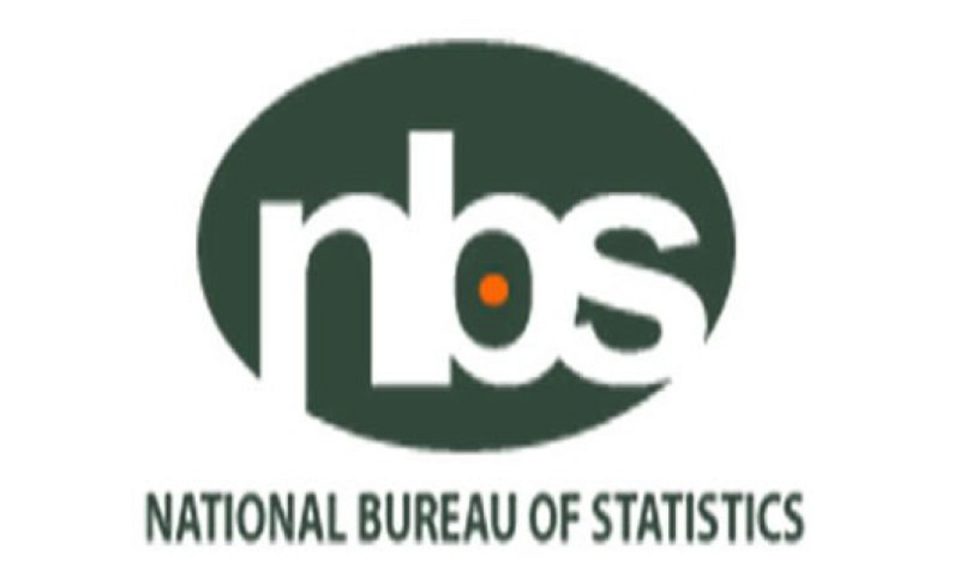As Nigeria’s capital imports fell by 78.6 per cent in the second quarter of the year to $1.295 billion, its total foreign trade (import and export) dropped by 27.46 per cent to N6.24 trillion, the National Bureau of Statistics (NBS) has said in its latest foreign trade report.
According to the report, the country’s total import for the period stood at N4.02 trillion, while total export was N2.22 trillion. The report also showed that Nigeria’s total foreign trade declined by 27.3 per cent when compared to N8.59 trillion recorded in previous quarter (Q1 2020), decline, which is a reflection of the disruptions caused by the COVID-19 pandemic.
Further analysis show that total foreign trade (import and export) dropped by 27.46 per cent year on year in Q2 2020, when compared to N8.61 trillion recorded in the corresponding quarter (Q2) of 2019.
According to the report, Nigeria’s total export during the quarter nose-dived by 51.7 per cent to stand at N2.22 trillion, a significant fall when compared to N4.59 trillion recorded in Q2 2019 and N4.08 trillion recorded in the previous quarter.
The report reveals that Nigeria is importing more than it is exporting, despite the government’s closure of land borders in 2019 to discourage importation. Although, a further plunge in trade balance puts the policy under serious scrutiny, it noted that the significant decline in most activities is attributed to the lockdown procedures and restrictions placed on international travels by most countries.
The NBS also reported that the country’s capital imports plunged 78.6 per cent in the second quarter year-on-year to $1.295 billion, as lower oil prices push Africa’s largest economy towards recession.
Nigeria, Africa’s top oil exporter, has suffered its worst crisis in decades as low oil prices triggered by the coronavirus pandemic caused the economy to shrink in the second quarter, slashing government revenues and weakening the naira currency.
The government expects further GDP contractions in the third and fourth quarters.
Nigeria has seen an exodus of foreign money in its equity and debt market, though foreign investors have been caught up by a shortage of dollars on the currency market as global oil prices collapsed. “The largest amount of capital importation by type was received through other investment… followed by portfolio investment… and foreign direct investment in Q2,” the NBS said in a report.
Nigeria’s capital imports fell from a peak of $21.32 billion seven years ago to $5.12 billion in 2016 as investment dried up in the wake of a recession, and have barely recovered since then.
A foreign exchange shortage has seen the naira drop to record lows on the black market in recent months after two devaluations and central bank moves to unify the country’s multiple exchange rates.
Only 8 tank farms have license to operate –Lagos commissioner
Lagos State Commissioner for Physical Planning and Urban Development, Dr. Idris Salako has disclosed that only eight out of 41 tank farms in the state have Planning Permits (PP) authorising their establishments.
The commissioner revealed this during meeting tank farm operators in the state.
Salako has however, given the illegal tank farm operators one week to commence the process of regularising their facilities by filling the application for Planning Permit.
According to him, most of the tank farms in the state had been operating illegally and in variance with section 27 of the Lagos State Physical Planning Permit Authority (LASPPPA) and Lagos State Building Control Agency (LASBCA) regulations 2019, which stipulates that anyone who built in state without Planning Permit commits an offence liable to enforcement, imposition of penal fees or removal of structure.
He stated that any tank farm that failed to start the process of regularisation of its facility after one week would face serious sanctions.
“Considering the importance of the activities of the tank farms to the economy of the country, it is pertinent that they embrace best practices and operate in the friendliest manner to the host communities” he stated.




